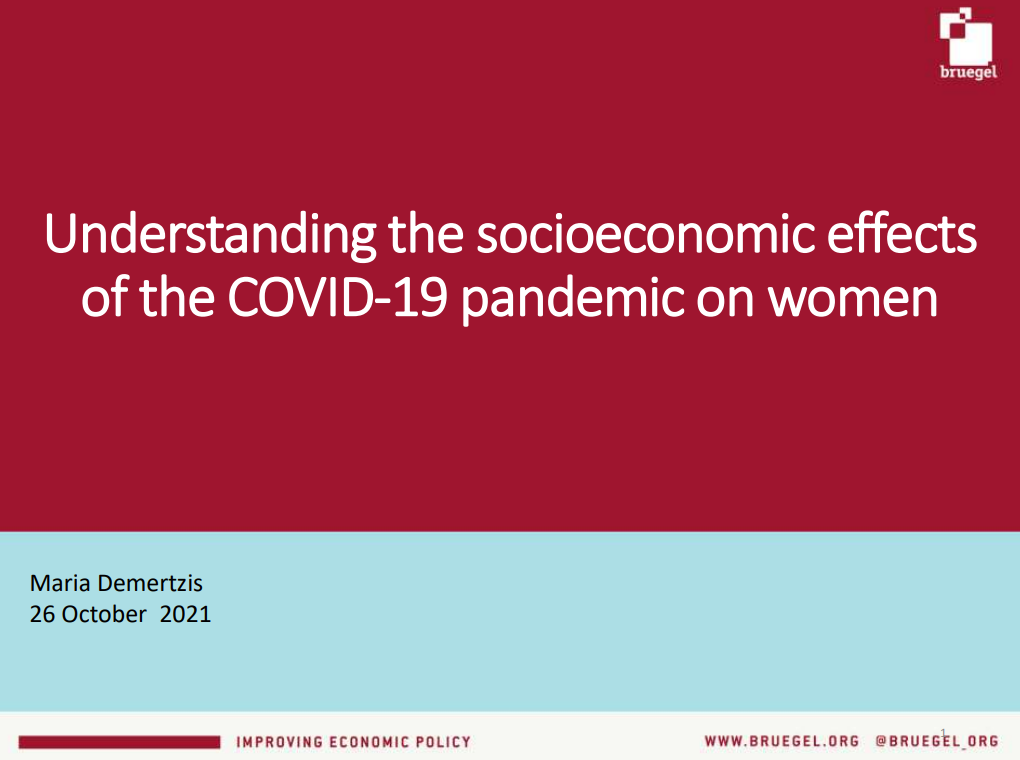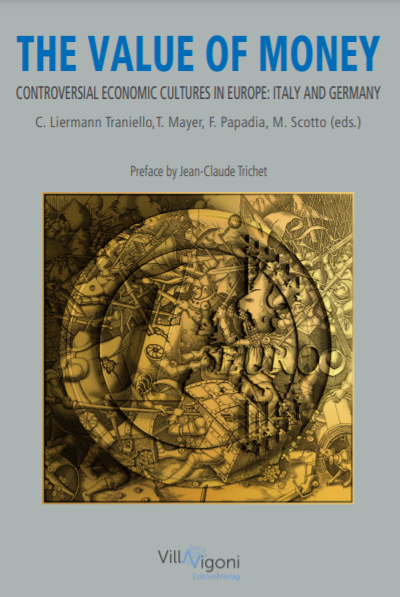Opinion
Financial literacy and the fearless woman
Many gender gaps persist, but an important one that puts women in a very disadvantageous position is the gap in financial literacy.
This opinion piece was originally published in the Money Review section of Kathimerini and El Economista.
In New York’s financial district stands a small bronze sculpture titled the Fearless Girl. The statue was meant to promote female empowerment and to remind the predominantly male financial sector to recruit more women and embrace diversity.
Many gender gaps persist, from the pay gap, to poor representation on corporate boards, or simply the lack of female leaders. But one important gender gap that puts women in a very disadvantageous position is the gap in financial literacy.
It starts with financial inclusion. Globally, only 47% of women versus 55% of men have access to a formal financial institution. S&P Global carry a survey in which they measure the level of financial literacy across the world, in other words, the knowledge and skills to make financial decisions. They find that 35% of men worldwide are financially literate, in contrast to only 30% of women, leaving a 5% gender gap.
There are naturally big differences between advanced and emerging economies. In the developed world, more than 1 in 2 people is financially literate, but interestingly the gender gap is wider. In Germany the gap is in excess of 10% and in Canada it is close to 20%, despite the very high overall level of financial literacy. There are a few countries where this gap is reversed, such as the UK and Japan, but the difference is very small.
We know that financial literacy matters for our financial well-being because it links directly to the quality of financial decisions we take throughout our lives.
Evidence shows that those who are more financially literate are able to save more. This is true in the short term, reducing the risk of financial fragility, or the risk of being unable to cope with medium-sized unexpected expenses. But it is true also in the long term, with the more financially literate having more pension savings and therefore being less financially vulnerable in old age.
The same is true for other financial decisions. Financially literate individuals borrow more but their borrowing is both cheaper and more sustainable, therefore increasing overall their financial capacity. They also understand risk better and therefore can exploit it to their advantage more effectively.
The advantages of greater financial literacy carry over to the whole economy. We see positive associations between levels of financial literacy and GDP and inclusiveness. Financial literacy is negatively associated with risks of poverty, inequality, social exclusion and social immobility.
Being less financially literate overall, therefore, women are less likely to save and more likely to be financially fragile. One in two single-parent households with children in the EU self-report financial fragility. We know that for the vast majority of these households, the lone parent is the mother.
While we understand the importance of financial literacy, we do not understand the reasons behind the persistence in this gender gap.
In one new study*, the authors observed that when asked questions relating to their level of financial knowledge, apart from being wrong more often than men, women were also more likely to answer that they did not know. The tendency to answer “I do not know” reduced the overall female score.
The authors interpreted this as a lack of confidence. To test for it, they re-ran the experiment with the “I do not know” option removed. This reduced the apparent gender gap in financial literacy by one third. So, women know more than they think they do.
But there remains still a gap to be closed. How much of this is down to a wider lack of confidence and how much is down to preferences? We know that women often do not opt to take the big financial decisions that concern them, but rely on partners and family to do so. But we also know that financial literacy is not just about knowledge of financial concepts. It is also about the ability to use this knowledge. And if stereotypes prevent women from using what they know, making progress in this respect will remain difficult.
In the meantime, women are left particularly vulnerable to financial shocks, and as they are typically expected to live longer, they remain in this vulnerable position for longer. Turning the fearless girl into a fearless woman is essential, but requires navigating the maze of cultural, societal and historical norms. A task worth pursuing nevertheless.
*Fearless Woman: Financial Literacy and Stock Market Participation, by
Tabea Bucher-Koenen, University of Mannheim, ZEW and Netspar
Rob Alessie, University of Groningen and Netspar
Annamaria Lusardi, The George Washington University, CEPR, NBER and Netspar and
Maarten van Rooij, De Nederlandsche Bank and Netspar
Republishing and referencing
Bruegel considers itself a public good and takes no institutional standpoint.
Due to copyright agreements we ask that you kindly email request to republish opinions that have appeared in print to [email protected].














